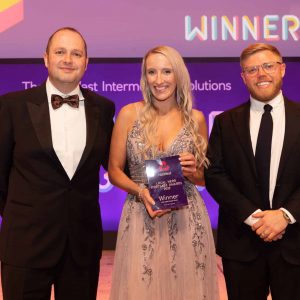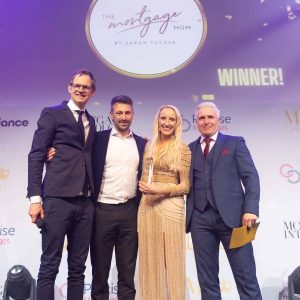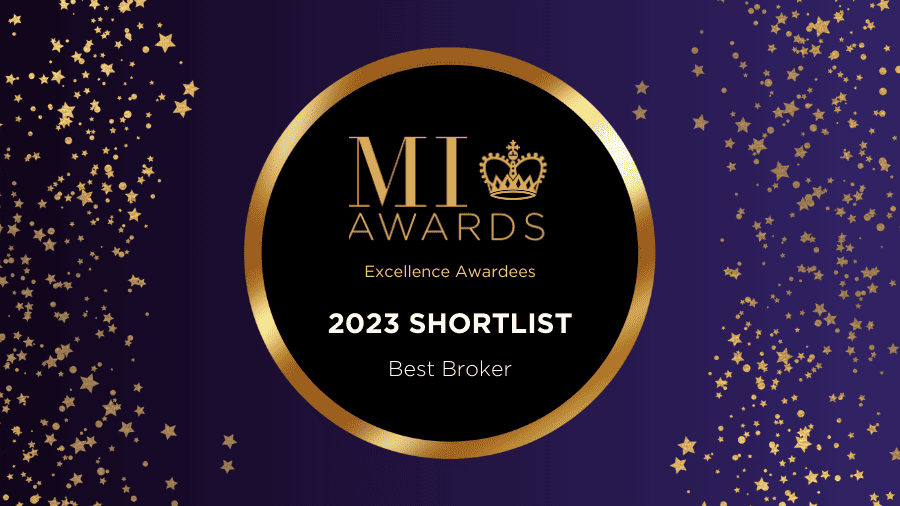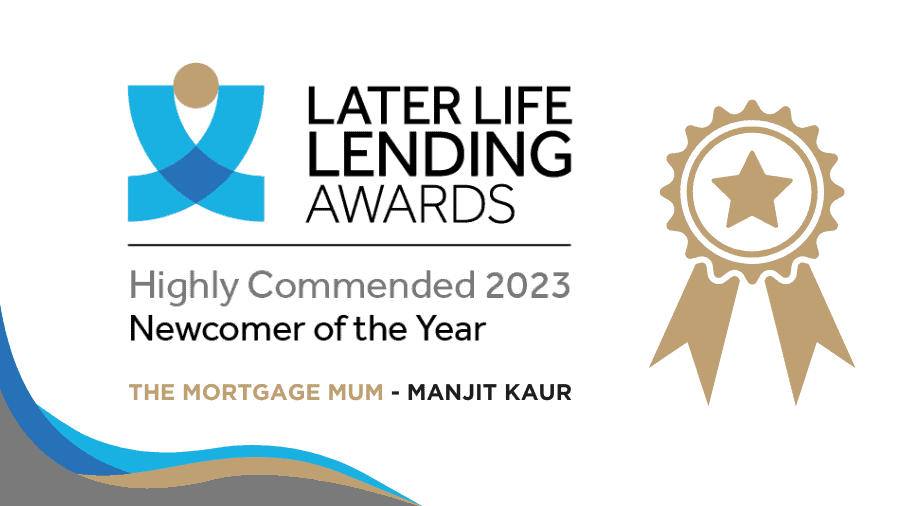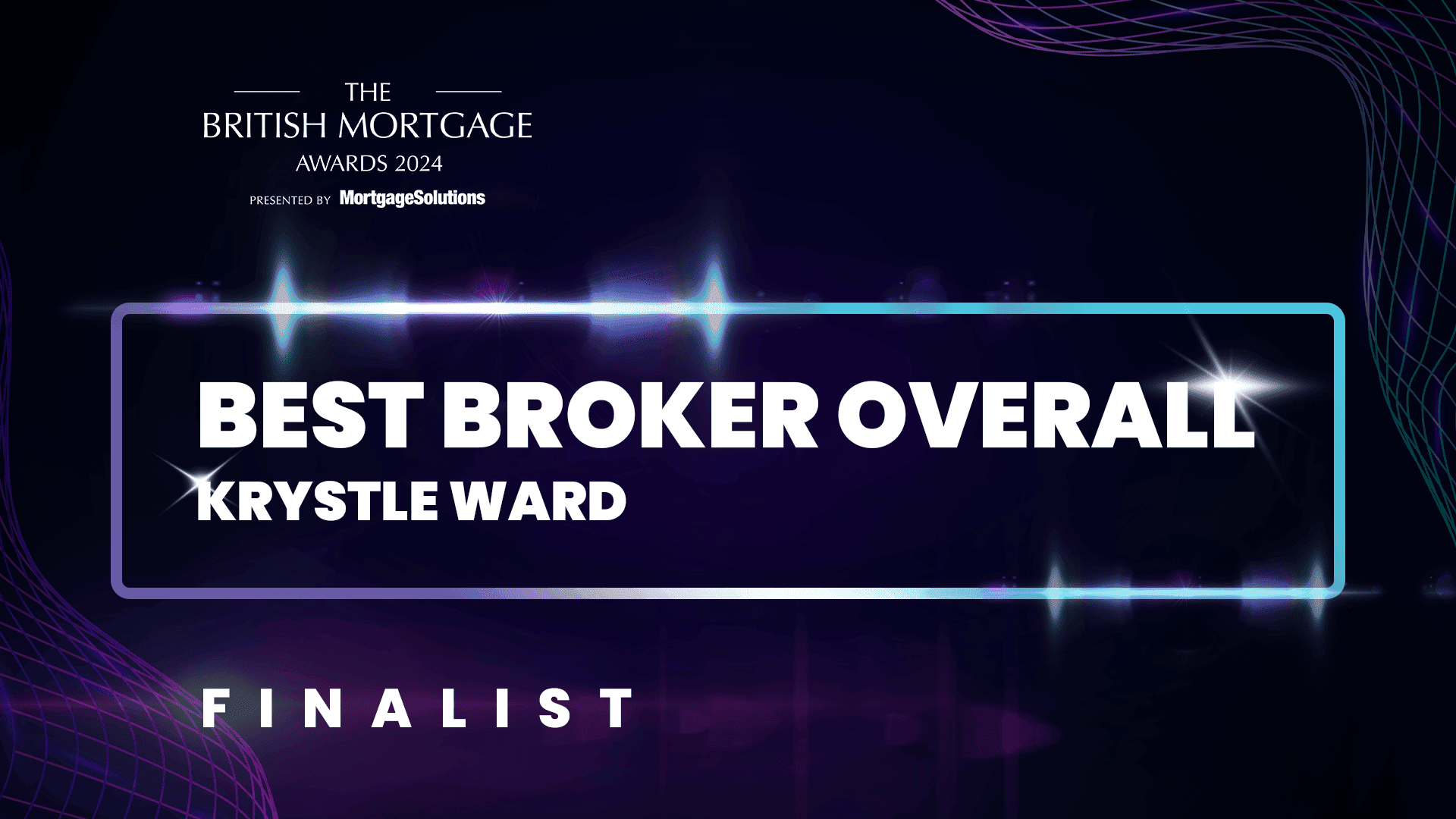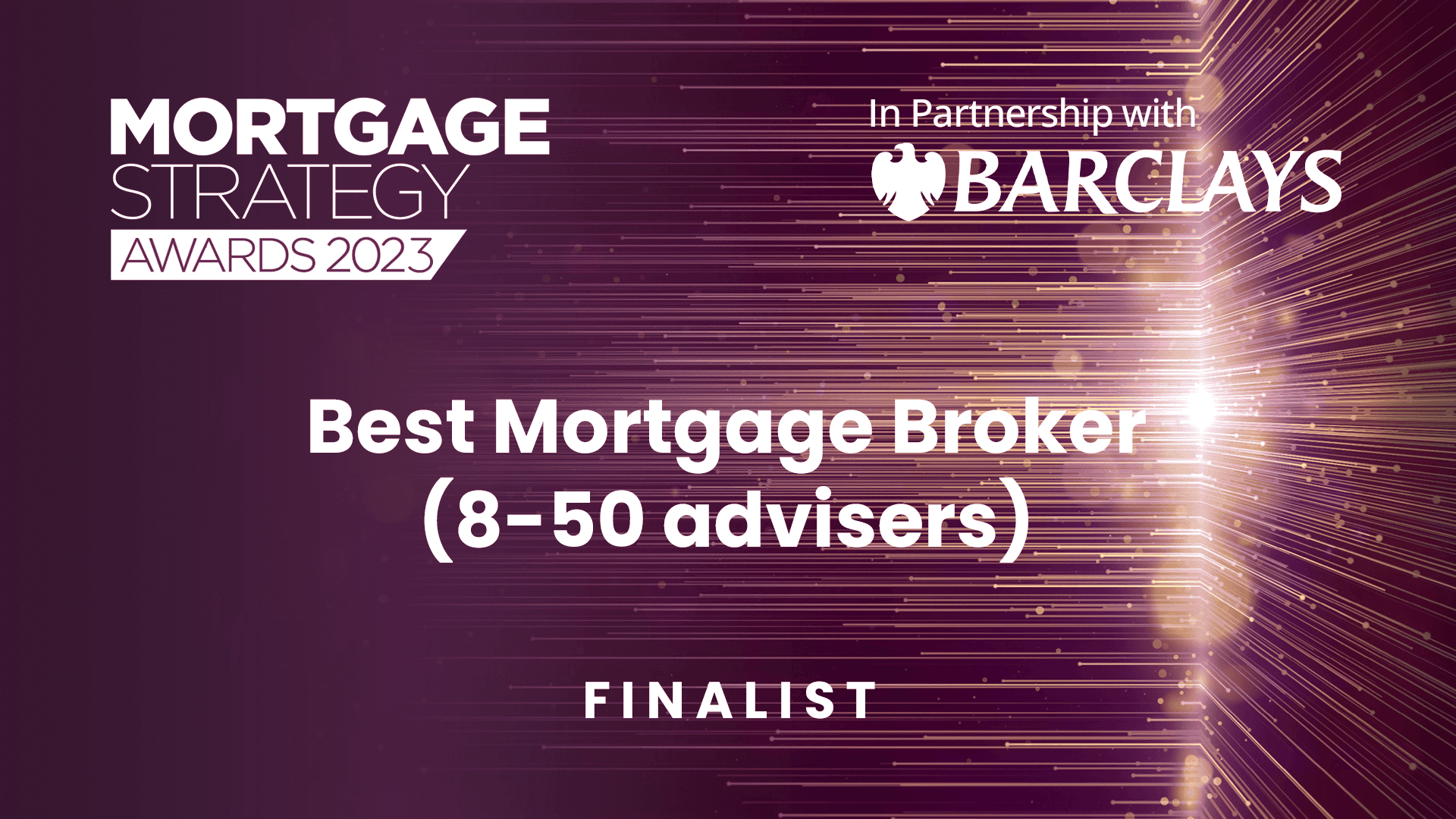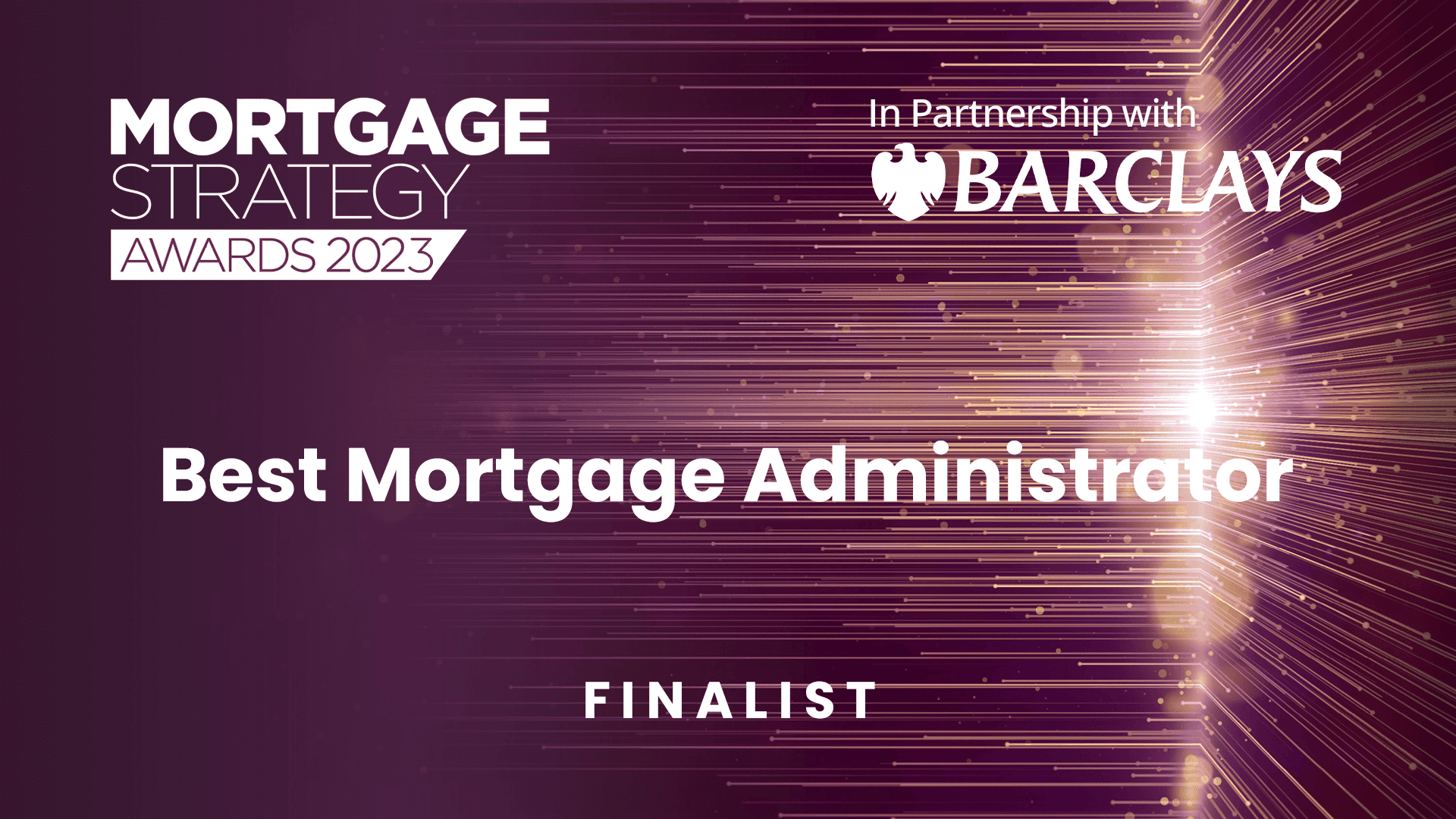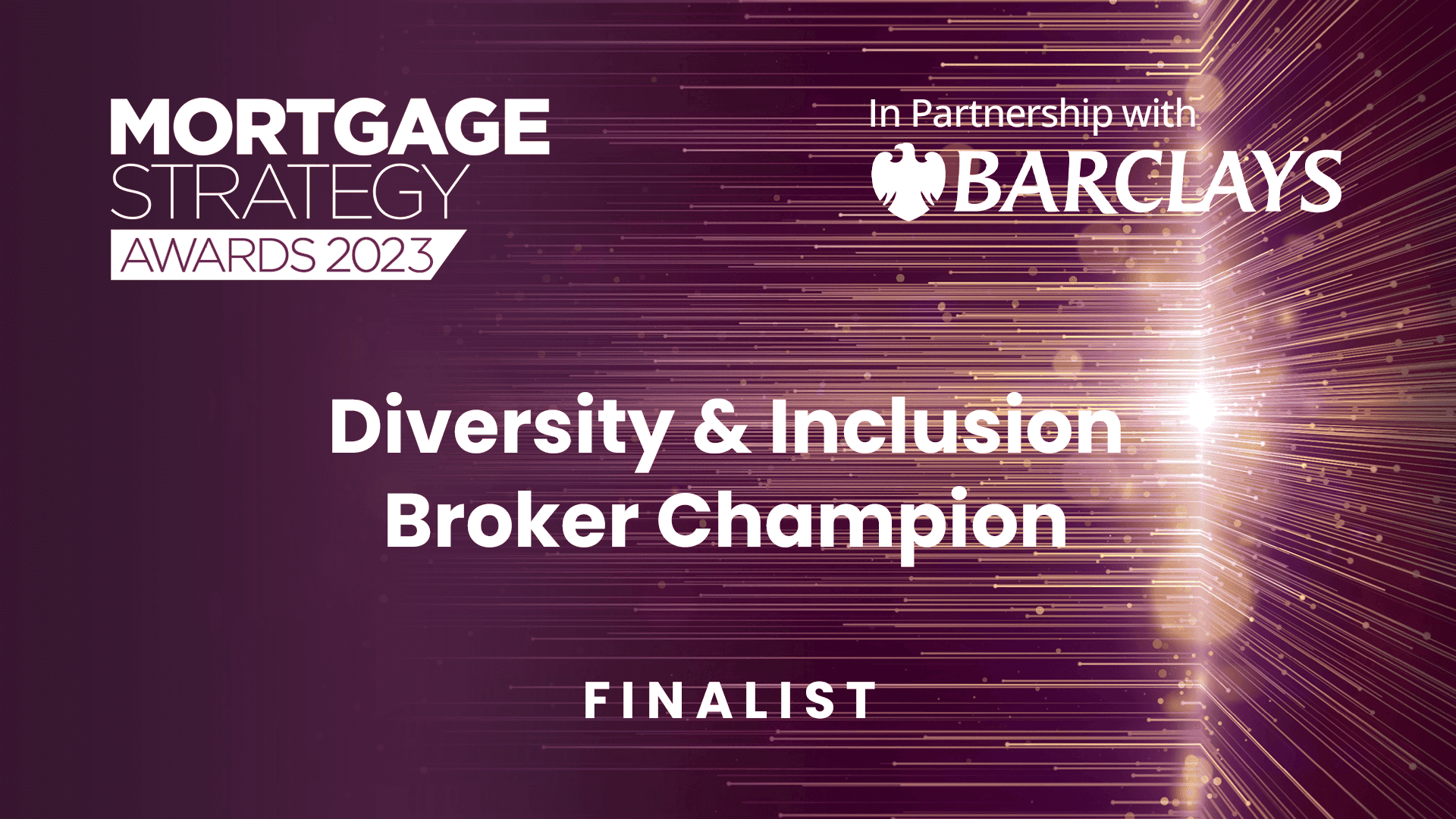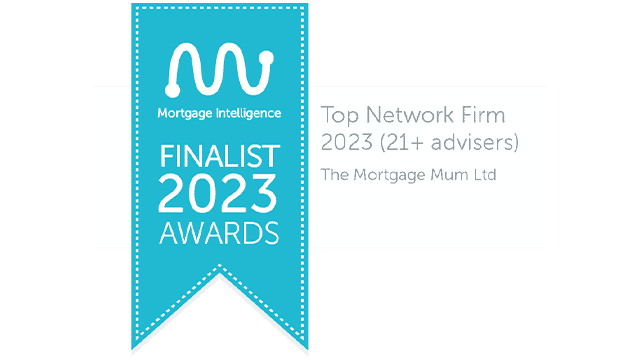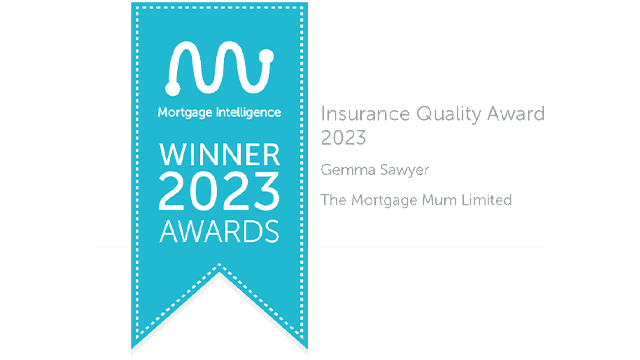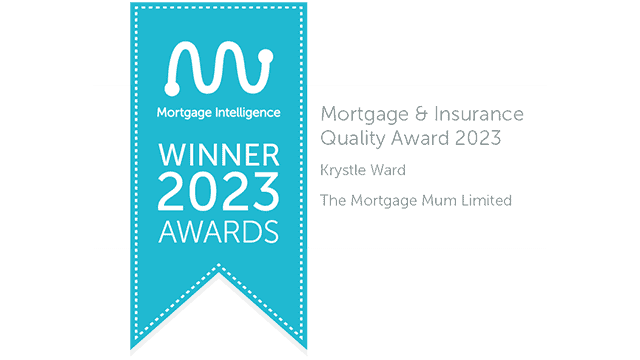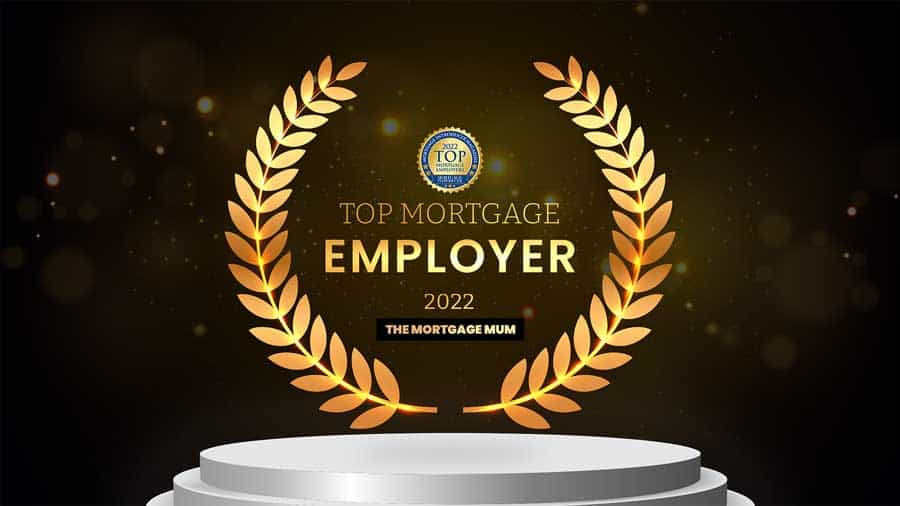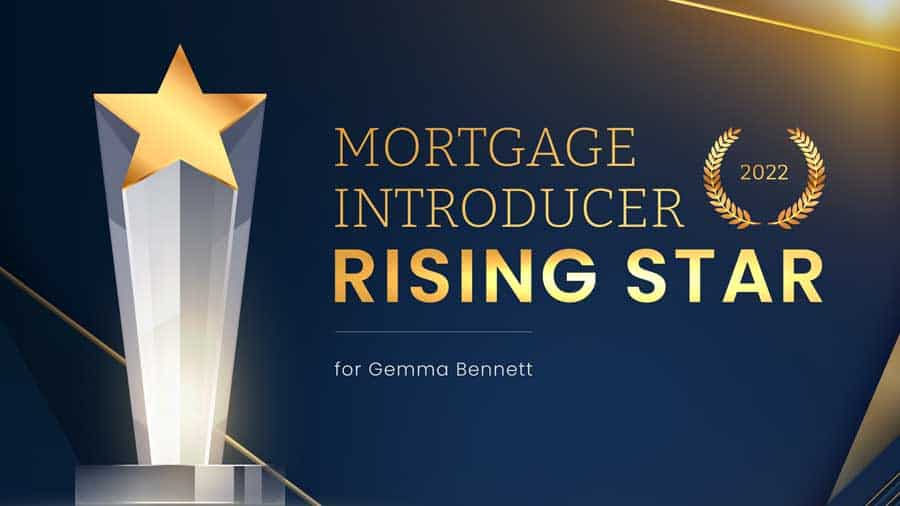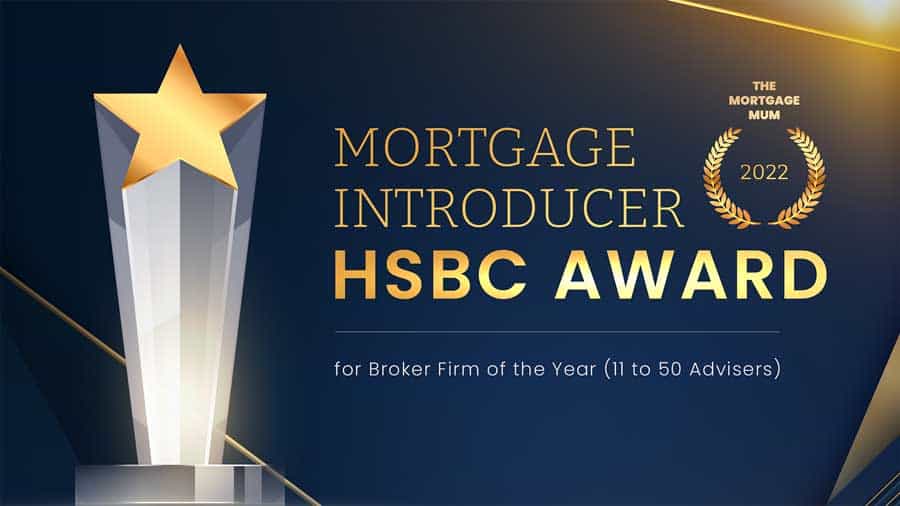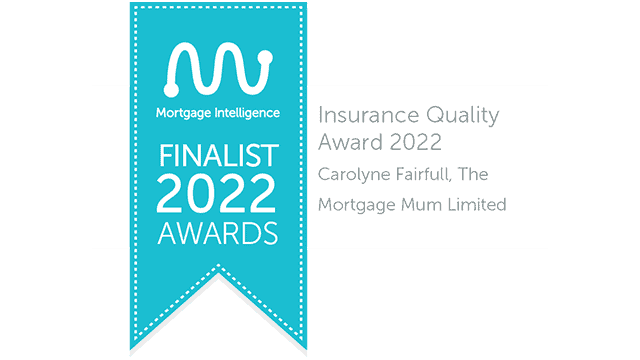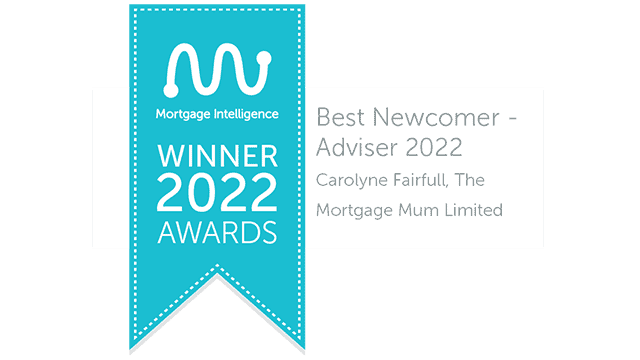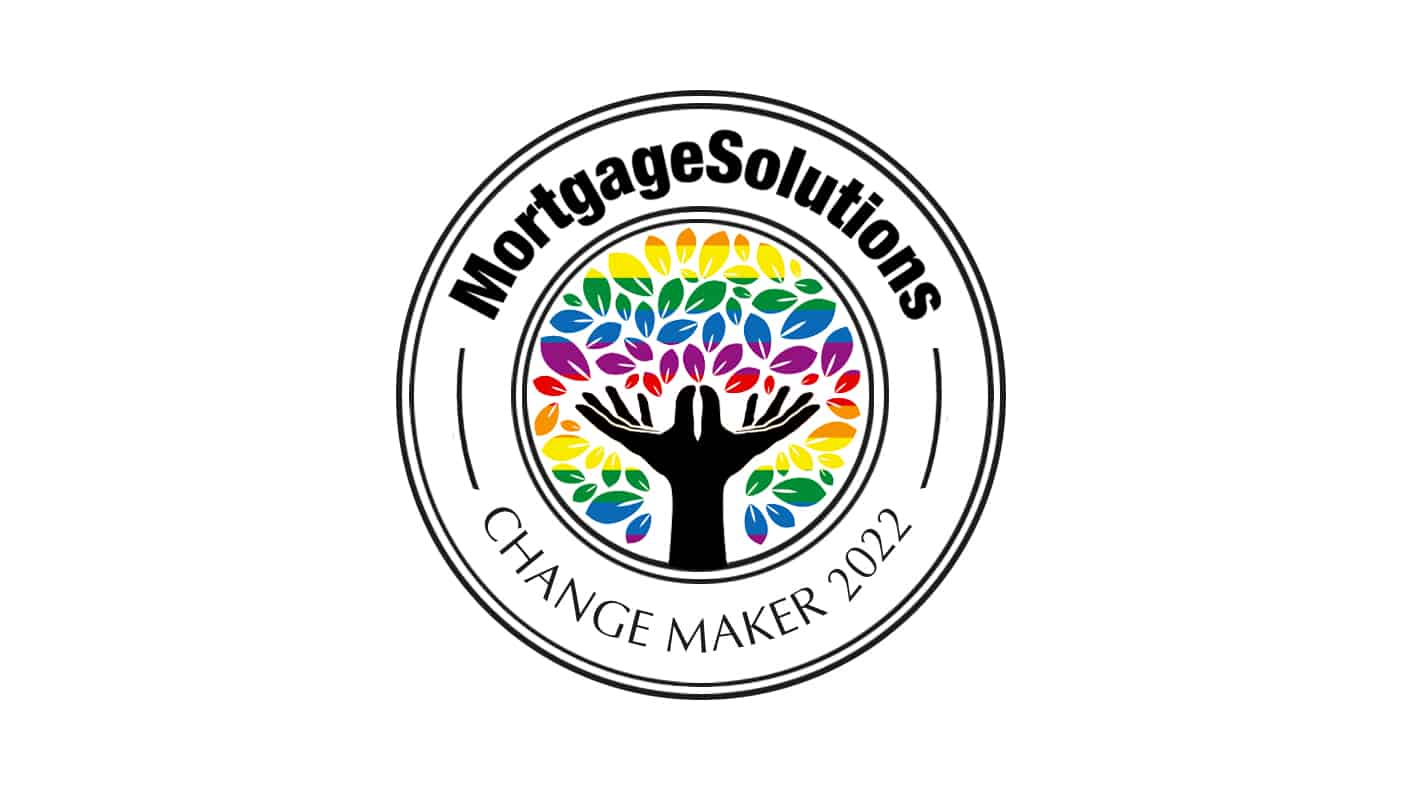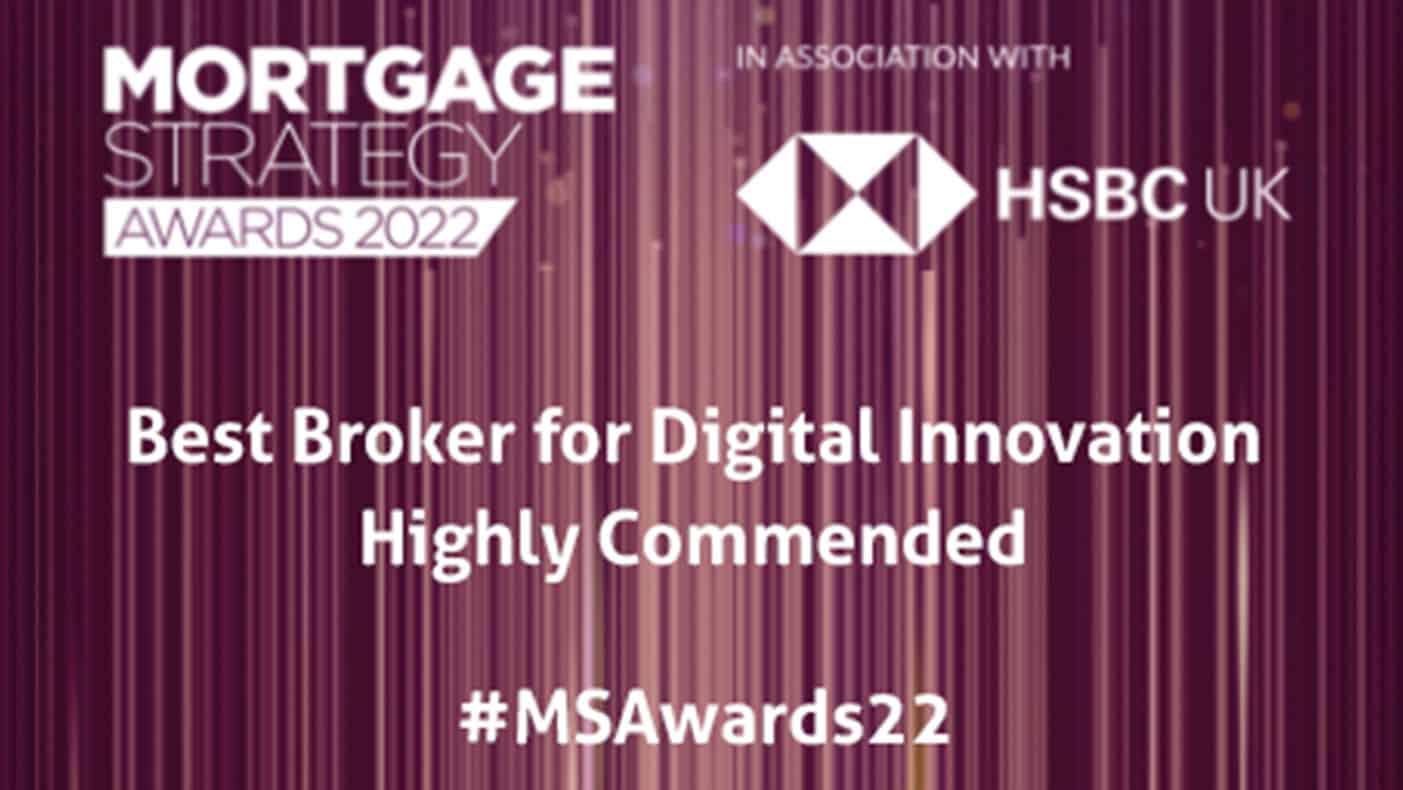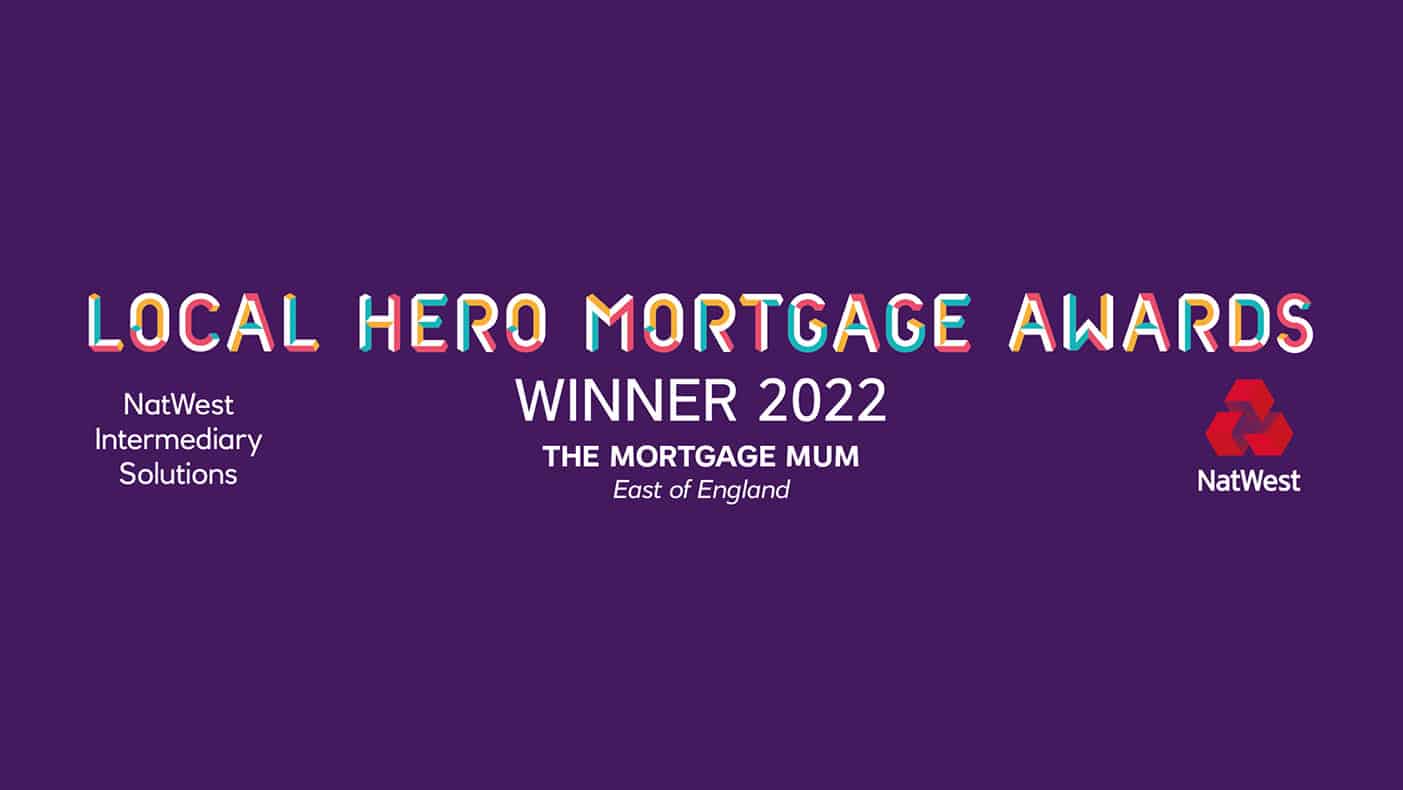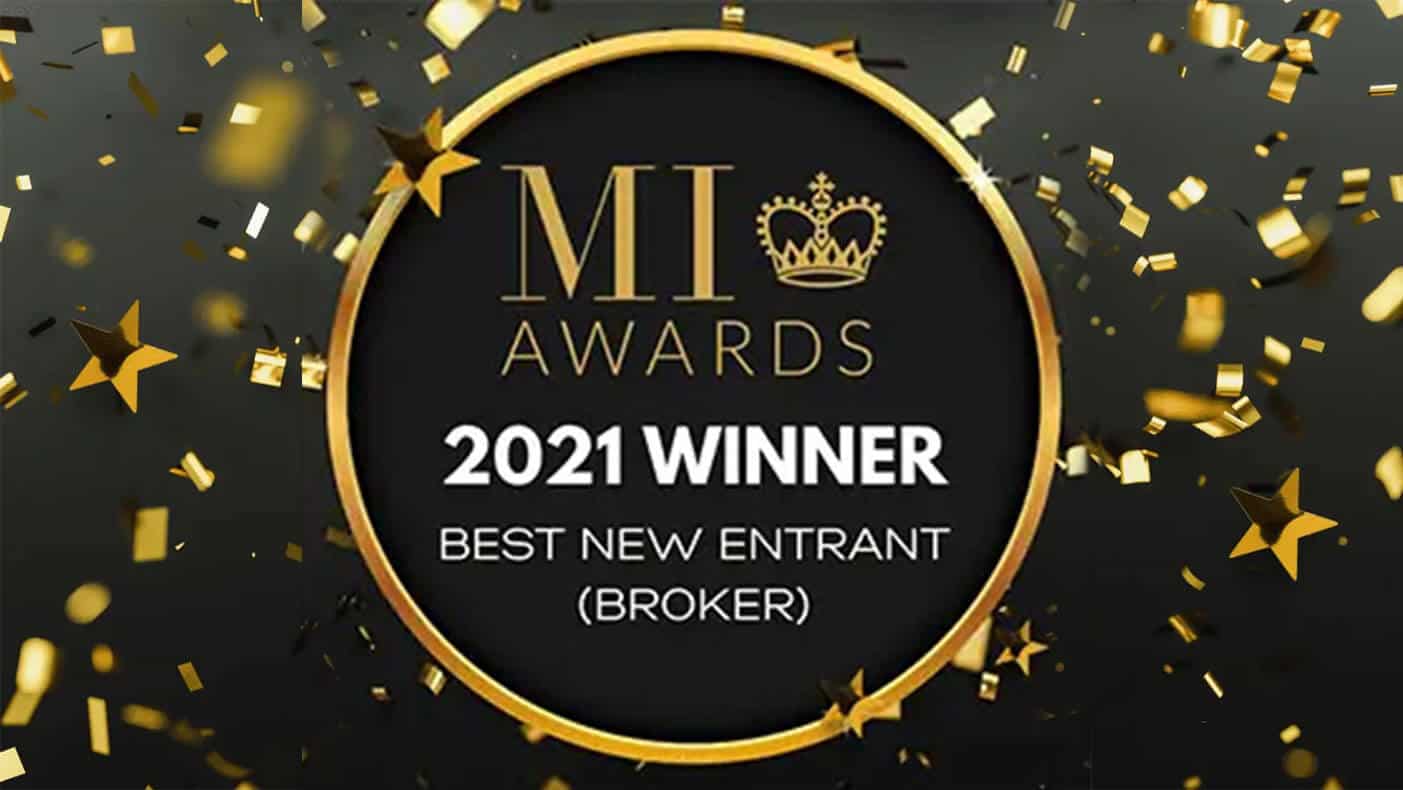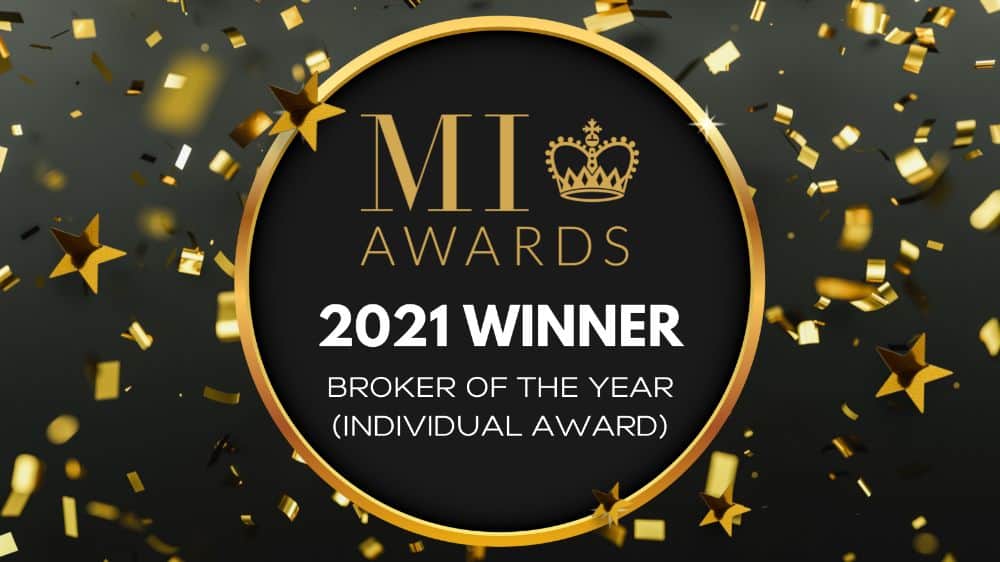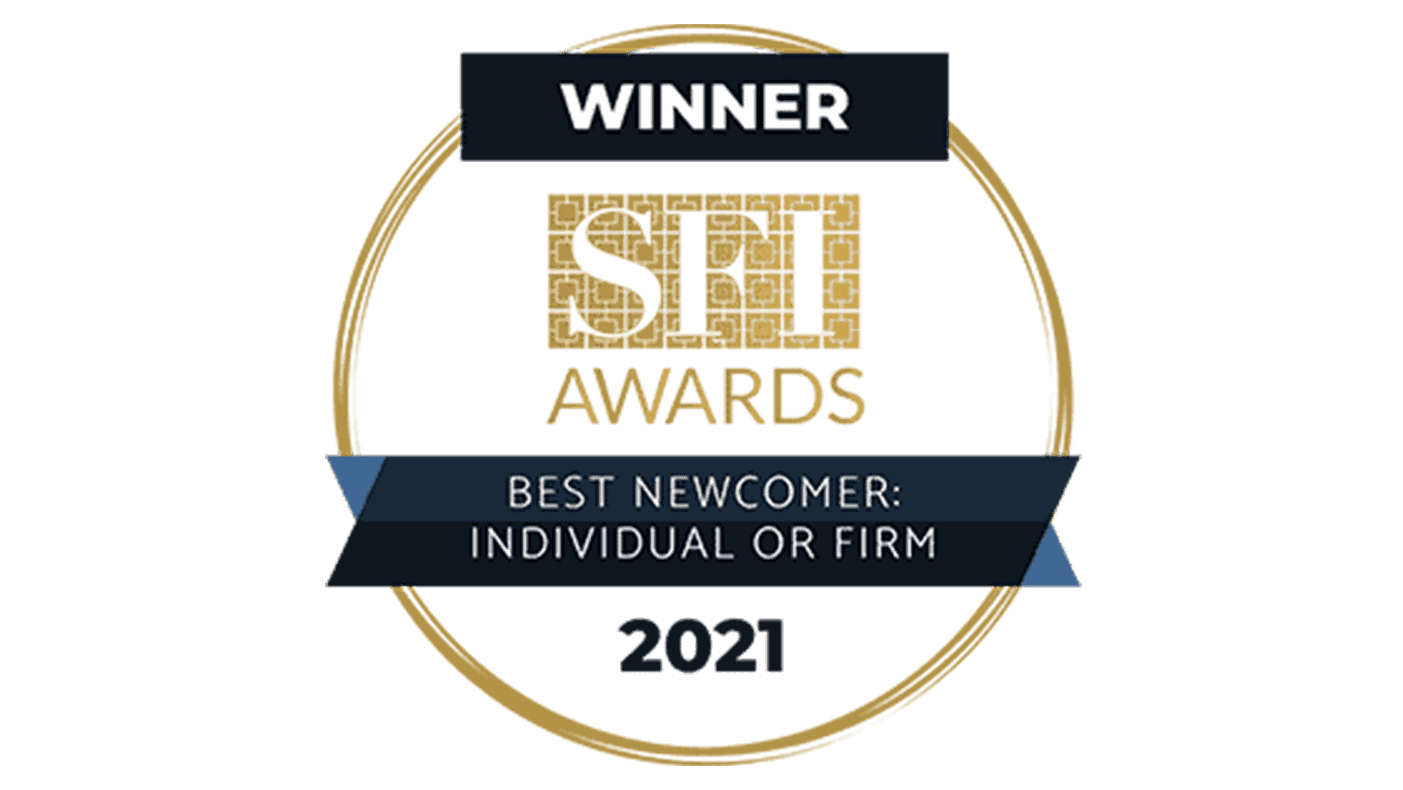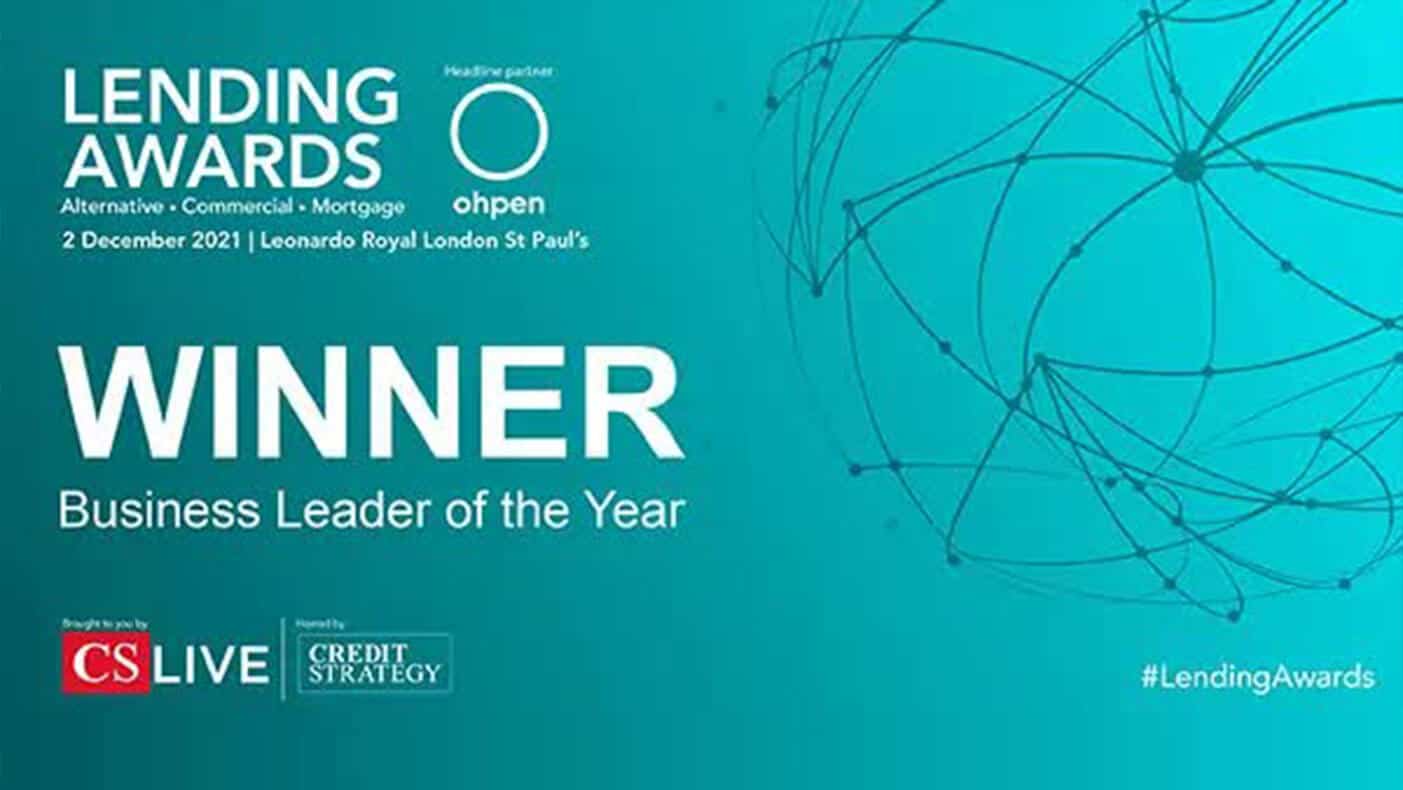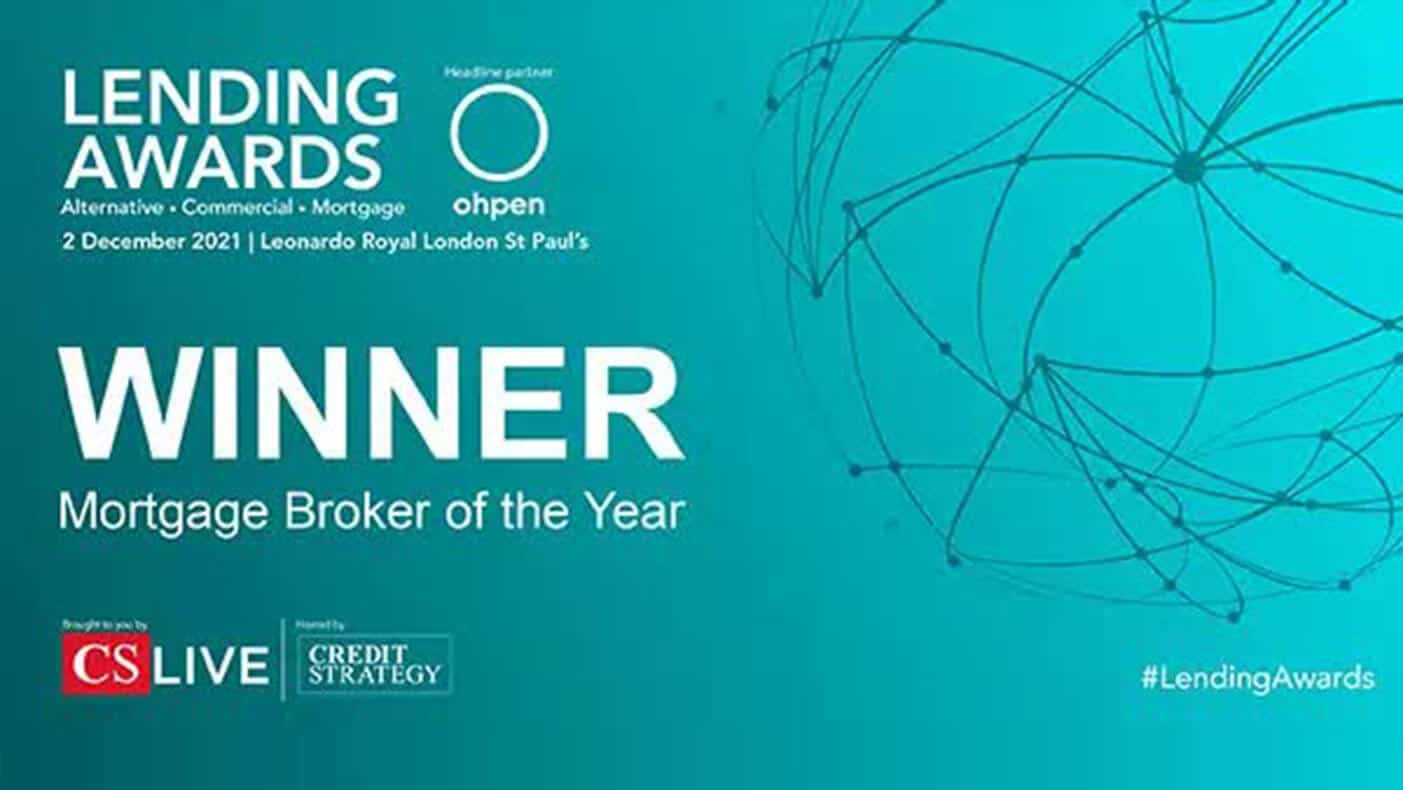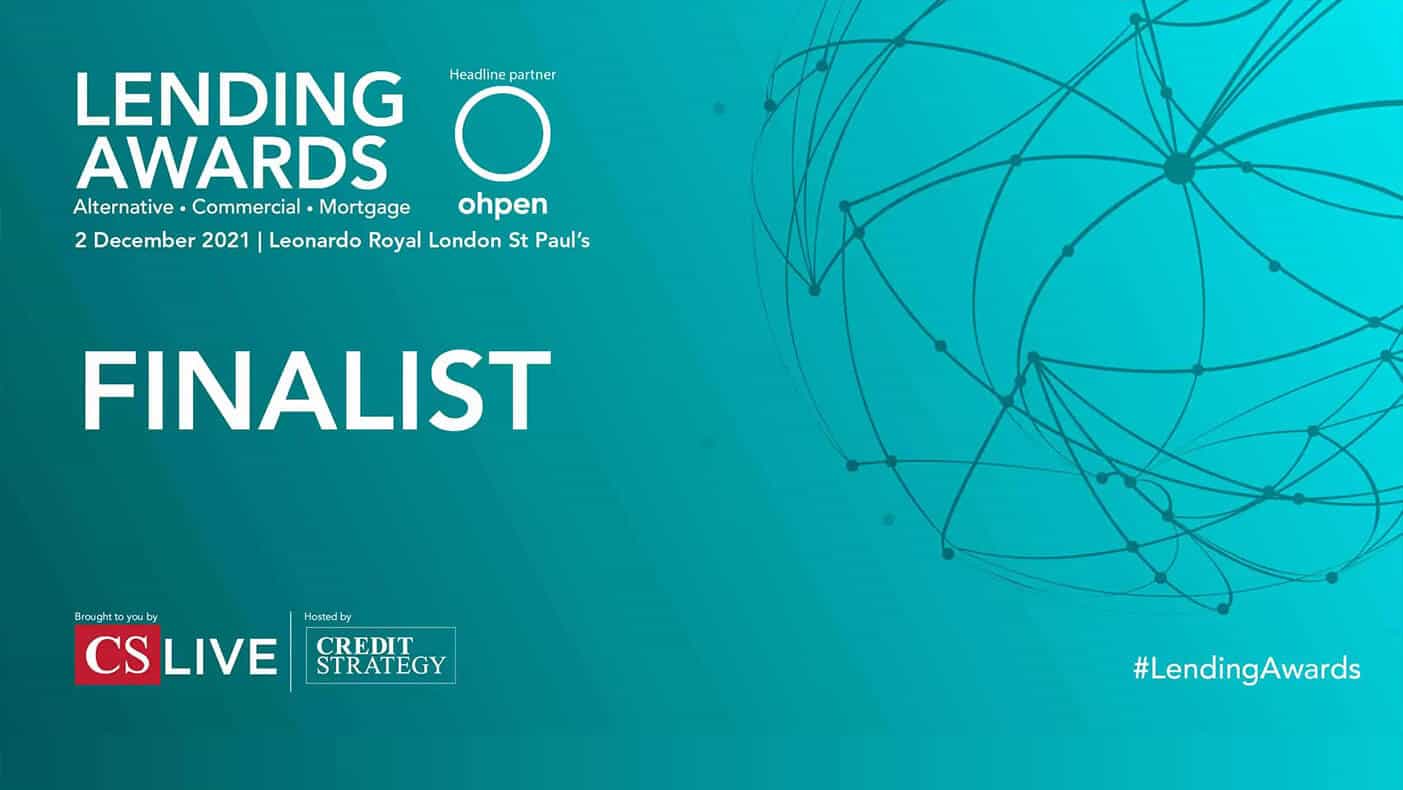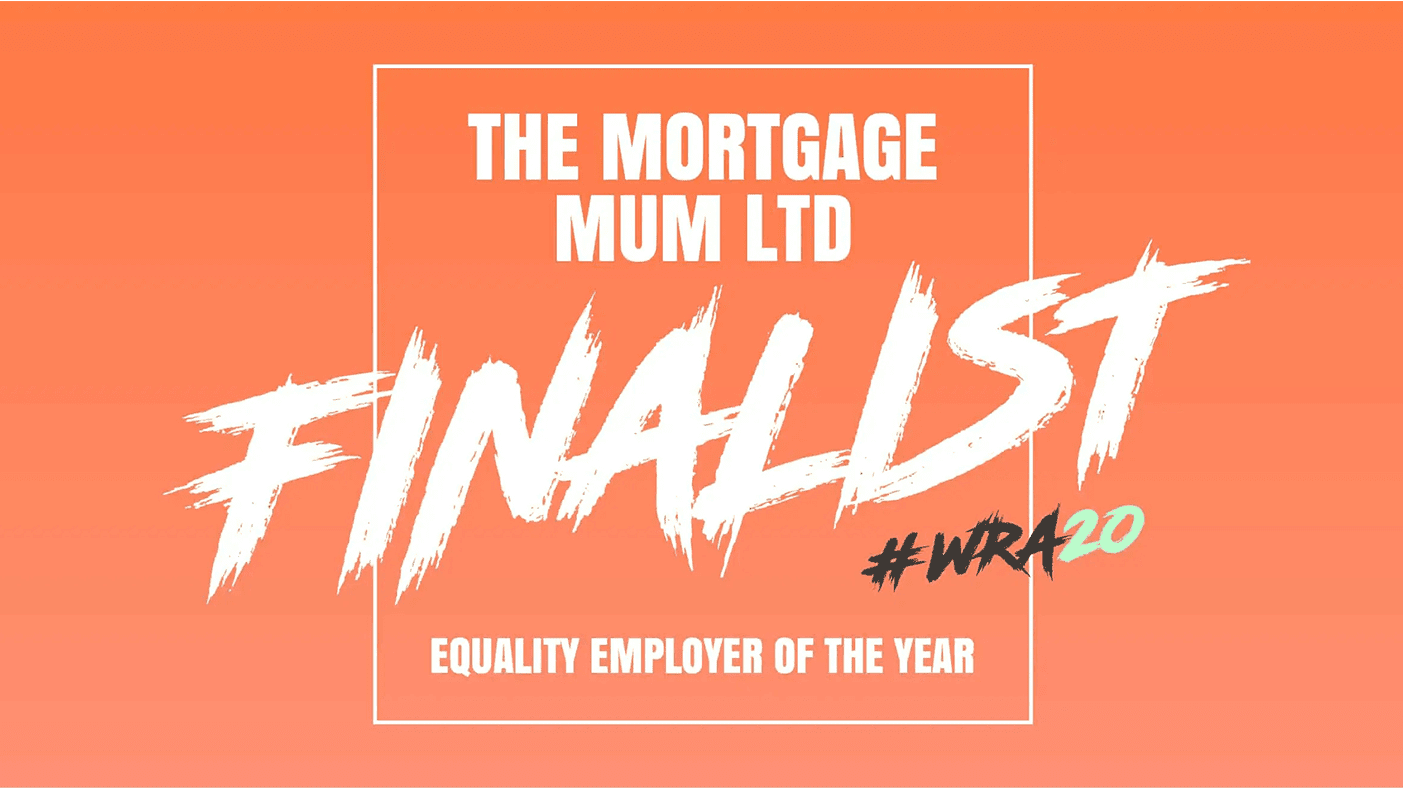Welcome to The Mortgage Mum podcast with me, guest host, Gemma Bennett. I’m one of the senior mortgage brokers at The Mortgage Mum and it’s my second time hosting this podcast, which is a real privilege.
Today I wanted to talk about preparing for a mortgage as a self-employed person. I’ve been self-employed for all of my working life, and my partner has as well.
My personal experience
Before I worked as a mortgage broker, I was in a completely different industry. I remember applying for a mortgage and feeling that self-employed applicants had to jump through an awful lot of hoops to prove their income. There was negativity and fear-mongering that as two self-employed customers, we wouldn’t be eligible for certain things.
It felt like a real minefield and almost that we had to apologise for being self-employed and earning money in the way we did.
I remember it being really stressful. There’s a lot of information missing when you’re looking at mortgages. Hopefully, a good broker will decipher the jargon so that you do feel empowered and in control.
Making it easier for the self-employed
Since I’ve joined the industry, it’s become a passion and my mission to prepare my fellow self-employed applicants for their future mortgage needs. Whether that be in the near future or the far future, it’s important you’re aware of what’s going to be asked of you, what’s expected of you, and why.
When you understand that, it doesn’t feel quite so scary anymore. I’ve been an applicant a few times, and I know what it feels like. Now, I can put on an industry expert hat, as a broker, and see it from the other side.
The self-employed do have to prepare more
When you’re self-employed, it feels like you have to jump through more hoops. I’m not going to say that that isn’t true. Compared to employed applicants, we do need a few more documents.
For example, if you were employed, you generally need three months payslips, potentially a contract, sometimes some P60s. As a self-employed applicant, you need two full years of your accounts. There are exceptions to this, but that’s true in general.
In getting prepared for your mortgage as a self-employed applicant, start thinking about it a few years ahead, if you can. That’s going to put you in control. While an employed applicant could potentially start a job and then within a few months decide to apply for a mortgage, it’s more complex if you’re self-employed.
How is self-employed income assessed?
Generally, a self-employed applicant will be assessed on an average of the last two years’ net profit. I’ll explain.
If you’re a sole trader, your income for the year minus your expenses gives you a net profit figure. That’s before you are taxed on it. That is the figure that the mortgage lenders are going to be looking at.
They like to look over the last two years and take an average, as self-employed work isn’t always consistent. They can’t just take the latest year, or the year before. They’re trying to be as fair as possible by taking an average of two years.
If your latest year is higher than the year before, that might feel like a bit of a blow – because the amount is going to come down slightly. If your latest year is lower than the year before, that average is a bit fairer. But many lenders will take the lower of the two. Again, that’s because they want to be as secure with their lending as possible, so they need to take the figure that feels the safest.
How to prepare as a sole trader
Here is a really big bit of advice if you’re self-employed. The tax year comes to an end on the 5th April every year. That’s when you can gather up your documents, your income and your expenditure from that year.
You can work through it yourself, if you do your self-assessment, or via an accountant to get your figures. HMRC doesn’t require you to do that until January the following year – and many self-employed people leave it until it’s due. I definitely did – I waited until the night before. A lot of people in December or January are squirrelling away to try and get their self-employed documents, their self-employed income and expenditure all submitted to HMRC.
That’s fine – it’s within the deadline. But as far as mortgage lenders go, most won’t allow your accounts to be any older than 18 months old. If the last tax return you filed was April 2022, and you won’t do your 2023 one until January 2024, in November 2023 your books are too old for me to use. I wouldn’t be able to get you a mortgage until I had your April 2023 figures.
Start a new tax habit
That has been a real problem in the past for clients – HMRC don’t need them to do their accounts, but the lender does.
Please get in the habit, if you can, of starting to sort your self-employed accounts after that April deadline. Imagine it as a spring job, for April-May. Then you will always be in good stead to be able to use the latest books and not get caught out.
Let’s be honest, it can be an arduous job. To do it in spring, when things are starting to feel lighter, is better than in winter, post-Christmas when suddenly it’s the new year. It will make no difference to when you pay your tax or the figures. It is just a habit to get into.
And on that note, if you are a limited company, your financial year end might be different. For example, your company’s financial year end might be September. But the same rules apply. If we’re going to look at your company accounts, they can’t be any more than 18 months old.
Be ready for lots of questions
The more we can help a lender understand your business, the better chance you have. Many times I have had to explain to a lender how a business works, the applicant’s role, and if they’ve got several roles within their self-employment, how much time they spend doing each thing.
Sometimes it feels uncomfortable when people are asking lots of questions about what we do and how long we spend on it. It can make us feel like they don’t want to lend to us. Everything’s going through a fine tooth comb.
Let me reassure you – that lender is looking to lend and just wants to better understand if it’s sustainable for you and how it looks long term. Say your mortgage is going on into your 60s – they want to know if your job will still be feasible at that age.
The great thing about talking to a broker is that you and I can have these conversations and be ready for the lender’s questions. When it’s packaged for the lender, they don’t have to work too hard to understand it – it’s all there.
Simplify your banking
Another tip. Although a lender will ask for your last two years’ income evidence via your self-assessment, they will also ask for three months’ bank statements. If these are business bank statements, that’s usually quite straightforward.
They’re checking that the amounts coming in over the last three months are similar to the annual amounts we’ve declared over the last two years. They’re not saying that each month has to look exactly the same, like an employed person, but that they are level with those annual figures.
With that in mind, if you are gathering income from various means, it can seem complex. Perhaps you’re paid some in cash, some through bank transfers, some in a PayPal account… all of these things need to be gathered together to document business income.
It’s in your best interest to make your business income as traceable as possible. A lender wants to limit the risk. They are loaning out large amounts of money, and they want to feel secure. The more you can prove income sustainability, the more secure they’re going to feel.
Hire an accountant
A great way to make the lenders feel secure is to hire a qualified accountant. Even though we are all clever and multi-talented, be aware of your circle of genius. If your circle of genius is not accounts, please hire someone whose is.
They will not only be able to help you manage your money, your income and your taxes, but having the clout of a qualified accountant understanding your income can help from a lender’s point of view. Many lenders will actually write to your accountant and ask for figures, verification, potentially even where the business is going. If there are certain quirks in the business, the lender will look to the accountant to explain them.
You can have a great relationship with your accountant, where they understand what you’re trying to achieve over the next few years, where you want to get to with your mortgage, what you’re trying to do with your business, how things are going. Then, your accountant can verify your application, giving you a lot more credit.
Your accountant and broker will work together – the broker can fully understand where the accountant’s coming from and explain to the accountant what the lender is looking for. These are all really helpful things.
It’s also an easier way to get your accounts done in the spring. You send all your bits to your accountant and by the summer, depending on how busy they are, they can get those books back to you in good time.
Why use a broker for self employed mortgages
You could assume I would say this, but I am going to urge you to use a broker. It’s not just self-promotion. There are so many quirks and hoops for self-employed applicants.
While lenders are very generous with their allowances for self-employment, they don’t have the same criteria as for an employed person. A broker will understand this and choose the most suitable lender and product for you.
You can search on the internet – but then find down the line that you’re declined because of criteria issues due to the fact that you’re self-employed.
Also, a broker will use your income in the best way possible. Lenders don’t all view income the same. For example, most limited company directors owning 25% or more of a company are still viewed as self-employed.
Then there’s a difference between whether lenders will accept salary and dividends as income, or salary and net profit. Some differ on whether that net profit is before or after corporation tax. As you can see, we can dig ourselves into a few different tunnels here – a broker knows which one to go down for your circumstances and needs.
If you’re a limited company director but you own under 25%, lenders usually see you as employed. Businesses are so individual, and often a broker needs to offer the lender some rationale. I have written full-on essays about somebody’s business to allow the underwriter to understand it. At times the client is asked to talk about certain elements of their business.
A broker works between the lender and the client so that everyone understands. The main thing to remember is that lenders do want to lend to you. The better they can understand your situation, your future and your income, the more likely you are to get that mortgage offer.
Don’t fear the lenders
When I was not working in the industry, I really felt intimidated by lenders. I had this very stiff, very old school, masculine imagery in my head about these bankers, and that they didn’t like me because I’m self-employed.
Actually, having worked in the industry, I can tell you it’s not like that. It’s innovative, it’s creative, it has lots of variations, and they are looking to lend. They will not be able to lend if you don’t meet their policies or their criteria, but there are an awful lot of lenders out there and an awful lot of variations.
A broker can really negotiate the market for you and find you the best option. Don’t be intimidated, be front-footed, and prepared.
Make sure you’re protected
Another thing to think about whenever you’re taking out a mortgage, whether you’re employed or self-employed, is protection. That could be life protection, income protection or critical illness protection. As a self-employed person, you really need to be taking that very seriously.
If you couldn’t work for, say, six to eight weeks, how would you get paid? Employed people have sick pay for a certain amount of time. Perhaps they get some benefits with their work, although they too should look at their options for income protection.
But for the self-employed applicants, that’s not there. After you’ve spoken to your broker about mortgages, please really do have conversations around the right protection for you.
There’s a high probability that you might be off work for a little bit of time within the 30 or 40 years of your mortgage. How are you going to sustain that time?
Have a chat with a broker early
After hearing all this information, it might feel like you’ve had an overload. So I really recommend that you get in touch with a broker and find out how you would be viewed. It’s all part of getting prepared ahead of time. It might be two years before you’re even looking to apply, but as a self-employed applicant, you do need to get ahead of things. It’s in your best interest to speak to a broker now about the way your company is set up.
Have those conversations. Find out the information now. The broker won’t give you any information on rates because in one year, two years, three years’ time, that’s not going to be relevant. But they will explain how you’d be viewed, what that means for you, what you need to prove and how to prepare.
I really hope that’s helped you. Understanding these things can really put you in the driving seat. When you’re having to jump through a few hoops, let’s jump them together and get your mortgage offer in.
Thank you so much for listening – I really appreciate it. And any questions, please don’t hesitate to send them in, comment on the podcast, and we’ll get those questions answered for you.












